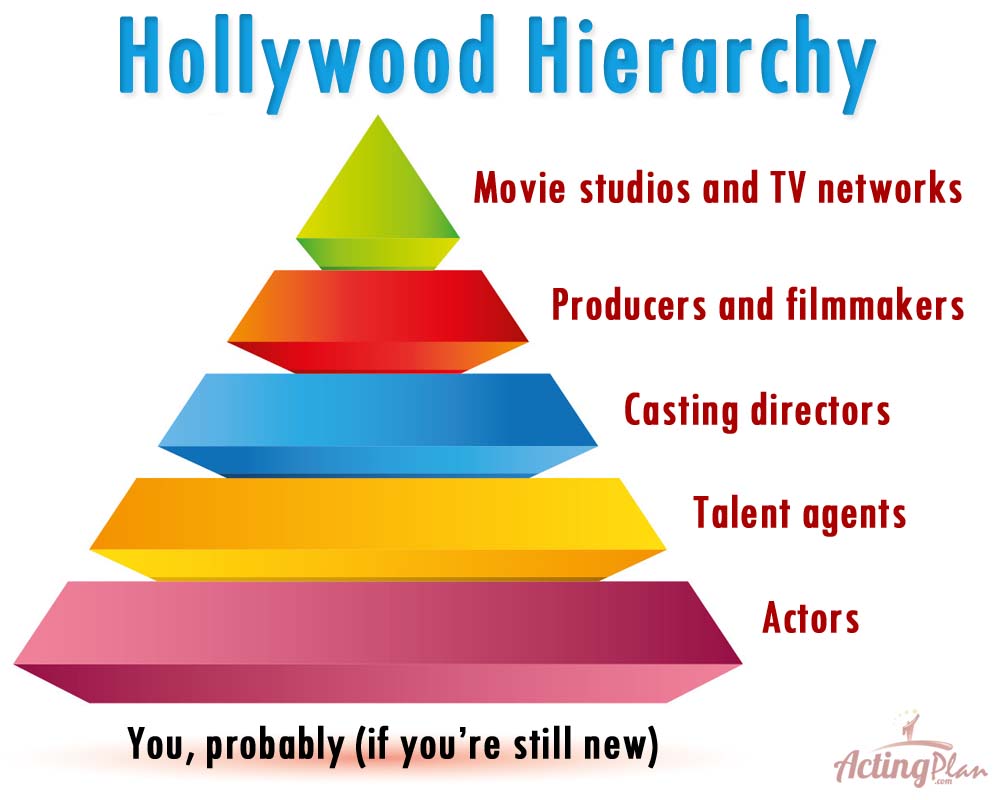The Casting Connection Fundamentals Explained
The Casting Connection Fundamentals Explained
Blog Article
The Casting Connection Things To Know Before You Buy
Table of ContentsHow The Casting Connection can Save You Time, Stress, and Money.The Casting Connection Things To Know Before You BuyThe 6-Minute Rule for The Casting ConnectionSome Ideas on The Casting Connection You Should KnowAll About The Casting Connection
A talent scout functions as a rep for artists, performers, athletes, and other people in the show business. Their primary duty is to promote and represent their customers' rate of interests, helping them safe and secure possibilities such as acting roles, modeling gigs, endorsements, songs contracts, or sports deals. Skill agents function very closely with their customers to understand their job goals and ambitions, and afterwards take advantage of their market connections and knowledge to work out agreements, protected tryouts, and check out different methods for direct exposure and success.Talent scout normally work in fast-paced and dynamic atmospheres that focus on the entertainment industry. Their offices can vary based on the size and sort of company they are used in. Here are some usual facets of the office of a talent agent: Skill Agencies: A lot of talent scout work in talent agencies, which can vary from little boutique companies to huge, well-established companies.

Unknown Facts About The Casting Connection
These meetings can happen in the agency's office, at customer occasions, or at exterior places practical for the customer. Auditions and Spreading Telephone calls: Representatives may accompany their clients to tryouts and casting phone calls, supplying assistance and support throughout the procedure. This can include traveling to various locations, such as manufacturing studios, casting offices, or movie sets.
These negotiations frequently occur using phone or email, with agents working faithfully to protect desirable terms for their clients. Study and Sector Updates: Representatives stay educated concerning market fads, casting phone calls, and market demands. They conduct study on prospective customers, jobs, and sector advancements to offer useful understandings to their clients.
They utilize email, phone telephone calls, video conferencing, and specialized software program to stay in touch with customers and market contacts. https://www.evernote.com/shard/s606/sh/a7eca145-d37e-82e0-3a5a-e2ad0d36ce5b/3Iz93QUzEDN85ElX1EDm19sJ_miIyNy7lxyUCY8FGW9ldf-rxN8P9AZWzA. High Pressure and Long Hours: The entertainment market operates tight timetables and due dates - Talent Agency Database Services in the United States. Ability agents often function lengthy hours, including evenings and weekends, to guarantee they are available to react to opportunities and client requires promptly
They should be strategic and persuasive to protect the ideal bargains for their customers, whether it's for a function in a movie, a modeling contract, or a songs offer.
Things about The Casting Connection
Once you know the distinction, it comes to be really clear. Several individuals brand-new to the acting business, and even page more of those outside of it do not understand the difference. So, in a few words: Basically, a talent scout is employed by the actor to represent the star. The star's agent watches out for ability's passions, dealing with their part (the extremely meaning of "agent").
They are employed by the manufacturer or the end-client, and their allegiance is to that side of the manufacturing chain. In the business of product advertising and marketing and advertising interactions, there are all kinds of agents.

And yet, although the skill agent is paid by skill (usually via commission), they must also please the producer to do their work efficiently. Casting Representative: Seldom in major markets, yet in some cases in smaller markets, some ability representatives play both functions, at the very least functionally. They represent the talent (usually being paid by payment), yet they may also conduct tryouts themselves.
Our The Casting Connection PDFs

Ad agency: This agency represents the "advertiser," which is the company that develops or markets the product and services being marketed. https://blogfreely.net/castingconnection/html-lang-en. With the blooming of media types over recent decades, an advertising agency could create any kind of kind of advertising and marketing communication or audio item, varying from a radio commercial to a viral web video clip
These, and agents by various other names are similar to the ad agency, because they offer the marketing professional, in various ways. Their service may be more comprehensive (e.g., an advertising and marketing agency may do anything that is marketing-related), or may be extra certain (e. Custom audition cuts.g., a media company suggests and/or gets media time and area)
The Of The Casting Connection
Executive recruiter. This is not so a lot a title as an approach to finding and choosing brand-new skill. It refers to seeking intriguing (and with any luck qualified) skill, as opposed to going out via the typical spreading chain and having selected choices return. The hunting process could include the full cosmos of trained, established skill, but is not always restricted to them.
From a client/producer's viewpoint, hunting for skill is a legitimate approach, yet possibly not their only strategy. It's naturally ineffective and unpredictable; the skill may have some unique quality, but be inexperienced, undirectable and/or undependable, and undoubtedly, the start of a limited production schedule is not the time to begin hunting for diamonds in the rough.
Report this page